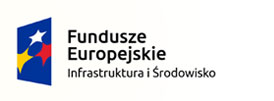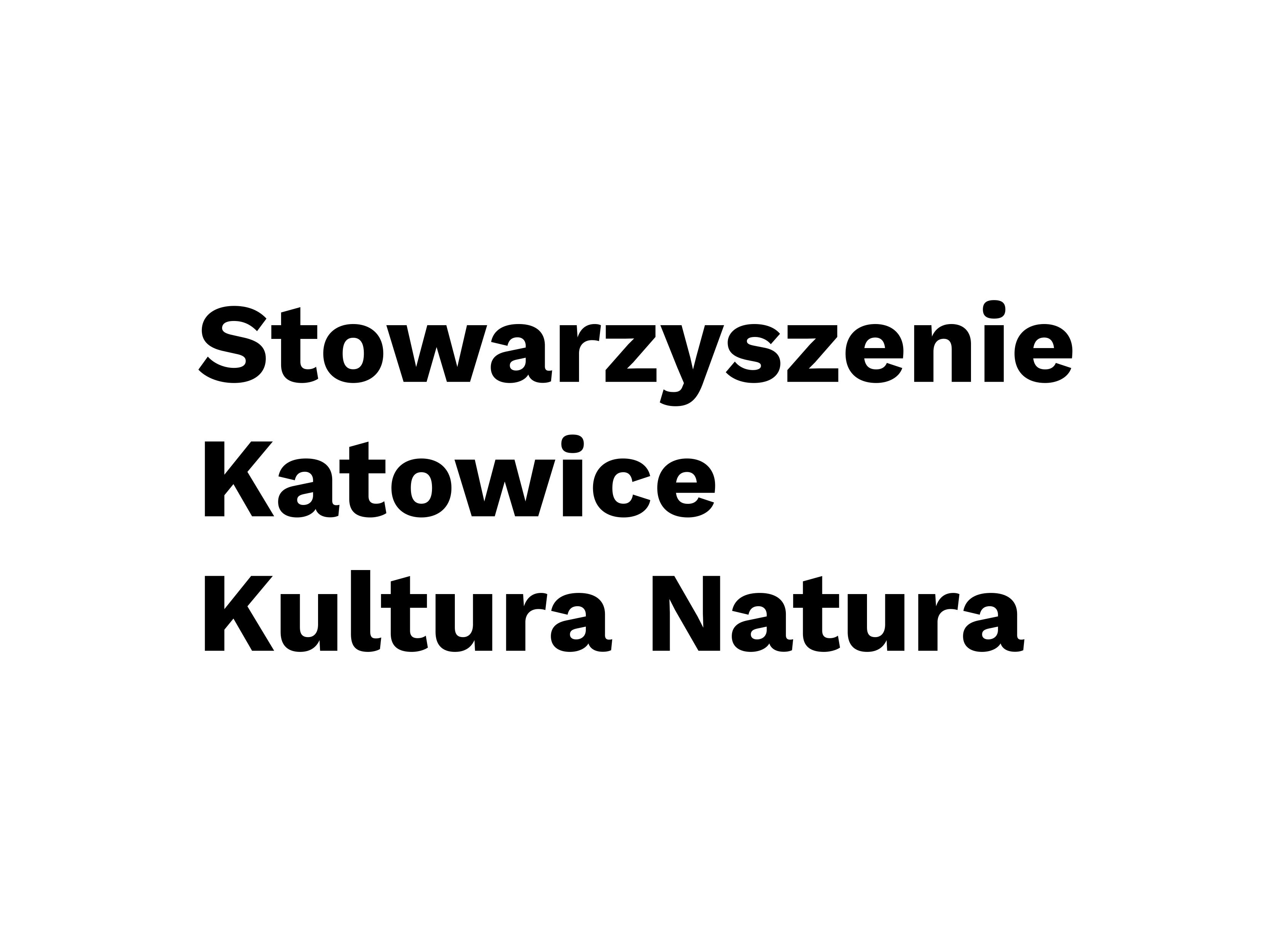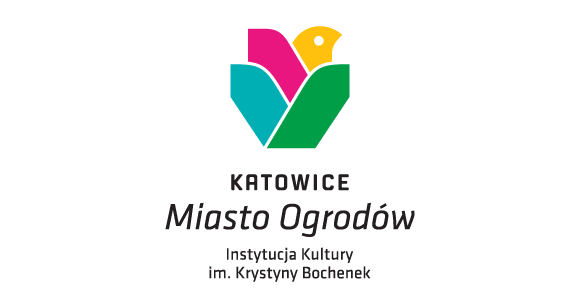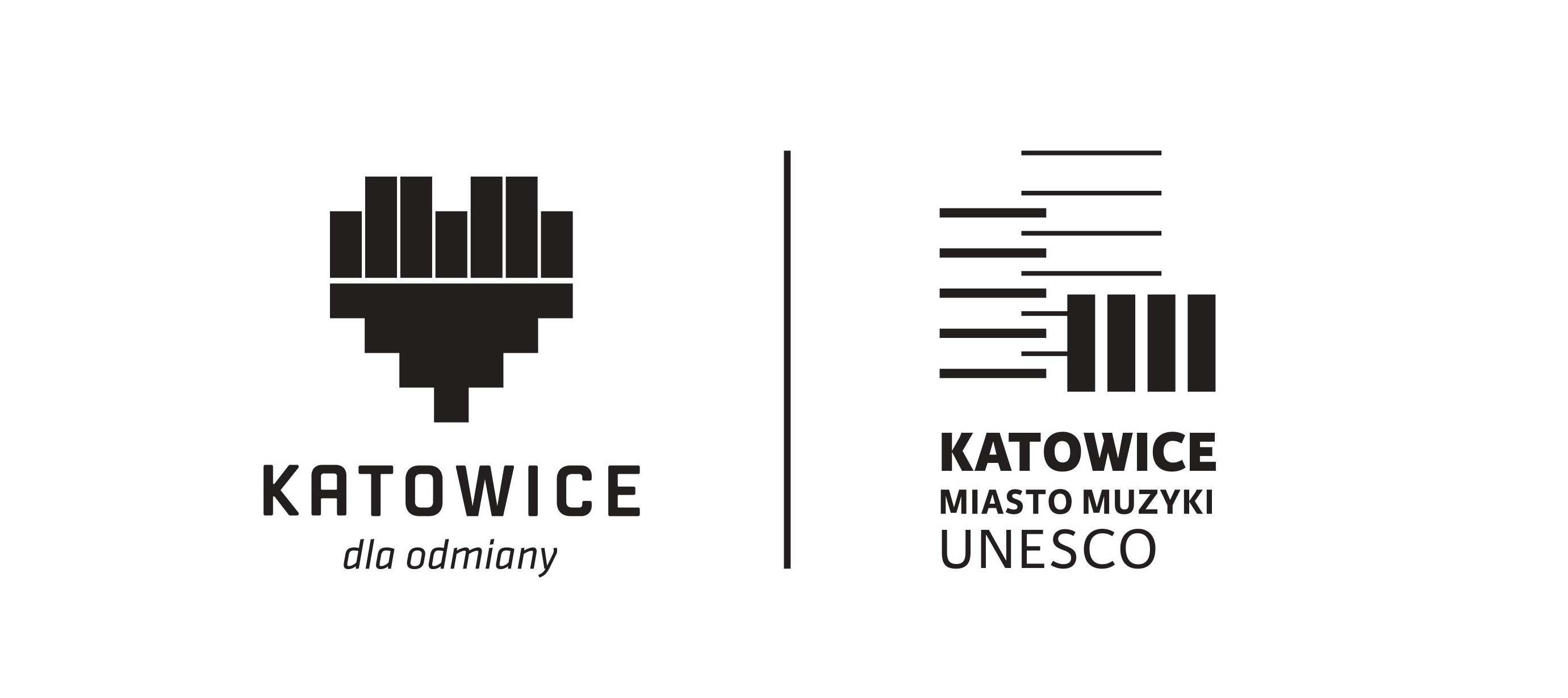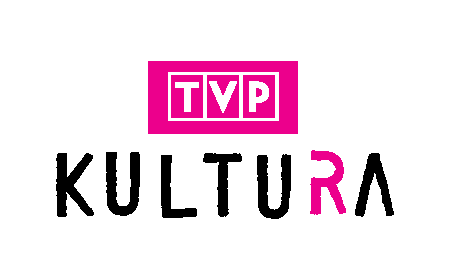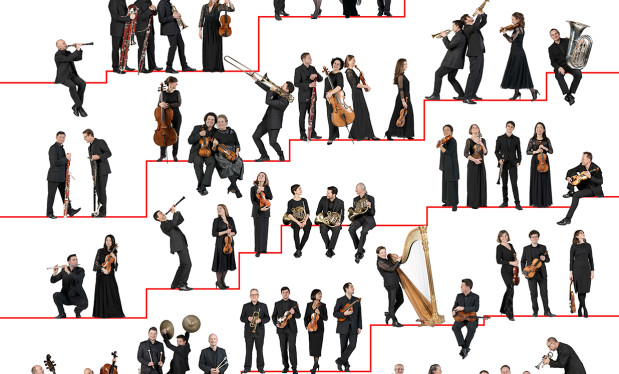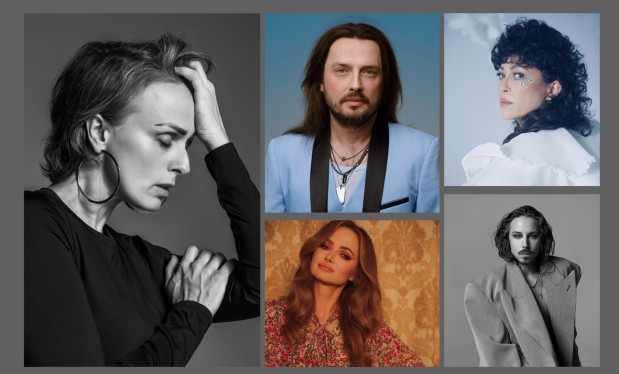Dorothea Röschmann / Wolfram Rieger / Katowice Culture Nature Festival - livestream / open-air screening - NOSPR
Dorothea Röschmann / Wolfram Rieger / Katowice Culture Nature Festival - livestream / open-air screening
In 1852, ailing Schumann took refuge in the Dutch resort of Scheveningen. It was there that he wrote one of the most extraordinary song cycles in his oeuvre, Gedichte der Königin Maria Stuart. Schumann included twenty-six years from the tragic queen’s life: the dilemmas of a young girl in her adopted French homeland, the reflections of a young mother concerned about her son’s inheritance, the humiliation of the imprisoned queen, the loss of hope and finally reconciliation with inevitable death. Mahler’s Des Knaben Wunderhorn – regardless of the form in which it is presented to the audience – already announces the problems of the turn of the century: the crisis of hitherto existing values, the loss of a sense of security, the inevitable breakdown of emotional bonds. The cycle Seven Early Songs, compiled by Berg in 1928, from works written between 1906 and 1908, perhaps telling the story of forbidden love, combines elements of a song style that has become a thing of the past with the beginnings of his own expressionism. The Wolf’s Lieder der Mignon (c. 1875) draw on Goethe’s Wilhelm Meisters Lehrjahre, whose legacy was more or less directly referred to by the authors of all the above-mentioned compositions. From Mary Stuart, through a girl’s voice enchanted by the rustle of a reed, through the complaint of a pain-crazed mother, to the ambiguous Mignon – four approaches to the mystery of humanity. It’s good music for today.
Organizer
Co-organisers
NOSPR is co-financed by
Automotive partner
Partner
Media patrons
Upcoming events

JazzKLUB / Rudi Mahall's Almost Danish Quartet / Standards with a Playful Twist
Chamber Hall
Buy ticket
